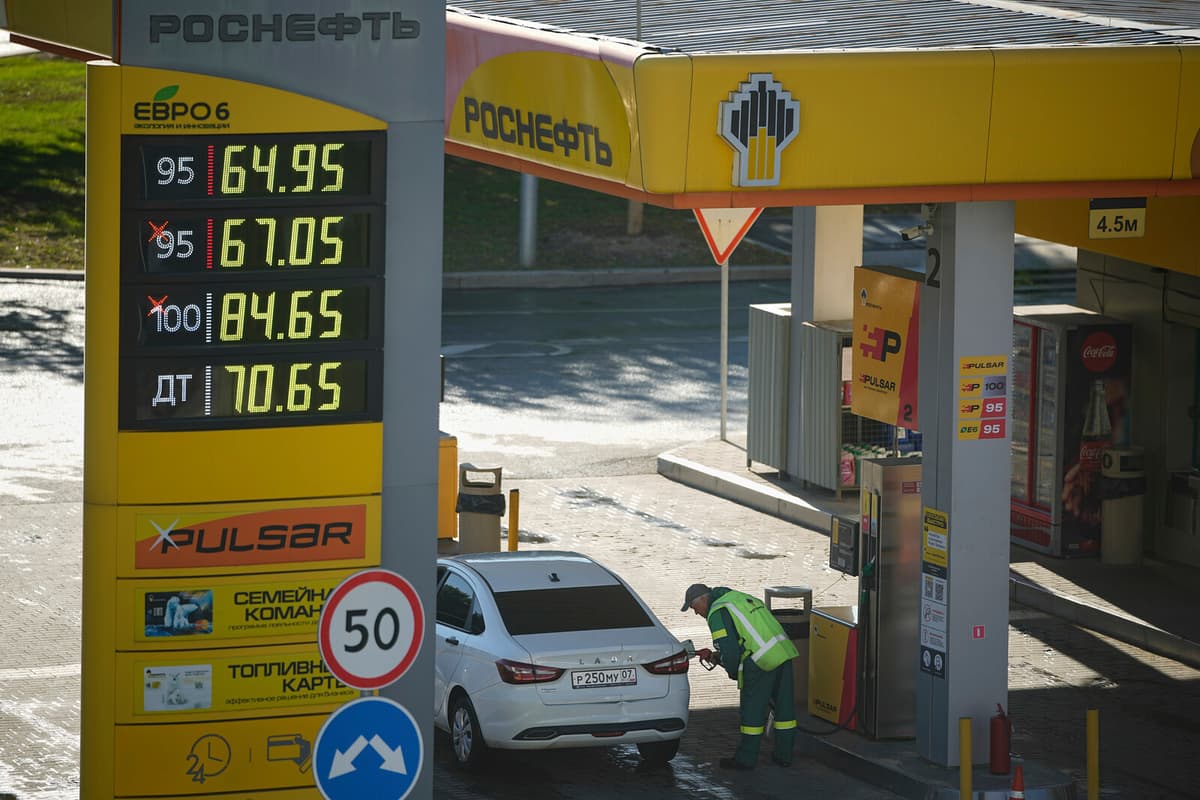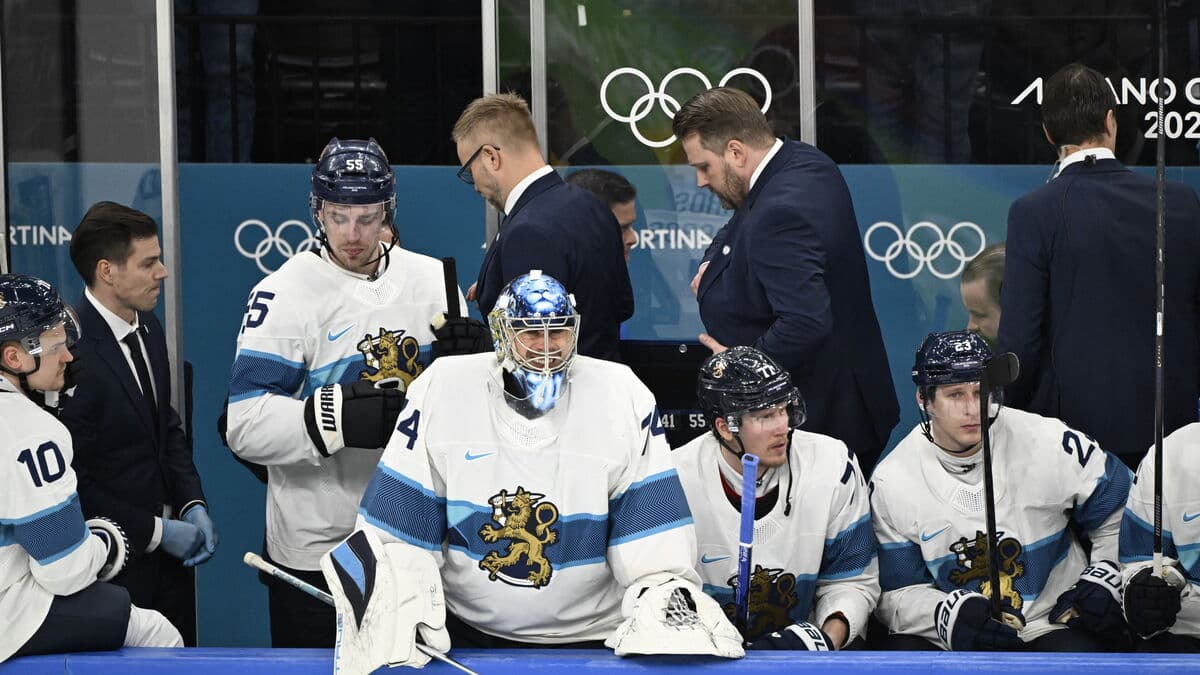During August, Ukrainian drones have struck refineries in Russia over ten times. The attacks rarely completely shut down operations, but slow them down nonetheless.
It's enough to hurt the gasoline industry. Especially now with high consumption during the summer, says Gary Peach, analyst at Energy Intelligence, to the news agency AP.
On the commodity exchange Spimex in St. Petersburg, the price of gasoline, known as A-95, has risen by 50 percent since the winter.
From Primorje in the Far East, long queues to the gas stations are reported, and the price per liter is 78 rubles (9.30 kronor). It may not sound so dangerous by Swedish standards, but in relation to the wage levels in the area, it corresponds to a Swedish liter price of around 37 kronor.
Selling to regular customers
Apparently, hoarding is occurring. For those who want to avoid queuing, gasoline is being sold through online forums for up to almost triple the official price, AP writes, citing the regional media company Primpress. That would correspond to a price with Swedish driver's eyes of around 110 kronor per liter.
Similar situations are also being reported elsewhere. On the Kuril Islands north of Japan, the lower-octane grade A-92 was completely sold out on Monday. And on the occupied Crimea, popular among vacationing Russians, some chains are said to only sell fuel to regular customers.
Gary Peach does not yet see the shortage as critical. He tells AP that it's mostly outlying regions, such as the Far East and the annexed Russian Crimea, that are affected, because transportation there is more difficult.
Larger metropolises like St. Petersburg and Moscow are managing for now.
Attacking along an arc
The military, and thus the warfare in Ukraine, can also continue relatively unaffected, since it runs more on diesel. So far, it's primarily gasoline production that has been hit.
But the escalated attacks are still causing concern in the Russian fossil fuel industry. Ukraine's drone warfare is constantly evolving and trying out new targets.
They are attacking refineries along an arc, from Ryazan south of Moscow all the way to Volgograd, says Sergey Vakulenko at the Carnegie Russia Eurasia Center to AP.
It's the area that people drive through on their way to (the resorts on the) Black Sea. It's the area where much of the harvest work is done. And it's densely populated.
Advertisement






